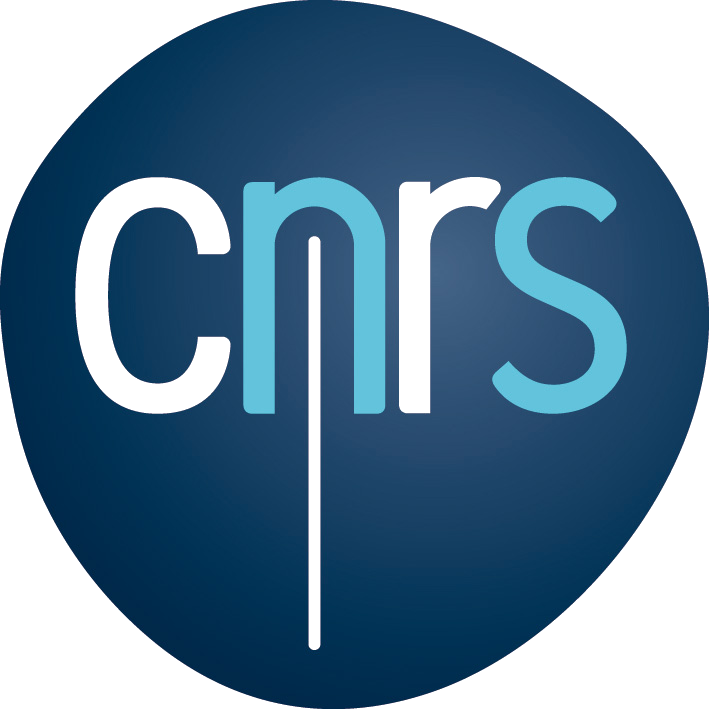Speaker: Robin San Roman Data and place: March 31, 2022, at 10:30 – Hybrid Abstract: Automatic speech recognition (ASR) systems tend to have a performance drop with accented speech compared to standard speech. This is due to linguistic differences between the different domains of speech. In this talk, I will present a method to adapt CPC models …
Category: Seminars
Mar 24
Cross-corpora Hate-speech detection with Dynamically Refined Regularization
Speaker: Tulika Bose Data and place: March 24, 2022, at 10:30 – Hybrid Abstract: Hatespeechclassifiersexhibitsubstantial performance degradation when evaluated on datasets different from the source. This is due to learning spurious correlations between words that are not necessarily relevant to hateful language and hate speech labels from the training corpus. Previous work has attempted to mitigate this problem by regularizing specific terms from pre-defined static dictionaries. While this has been demonstrated to improve the generalizability of classifiers, the coverage of …
Mar 24
Cross-corpora Hate-speech detection with Dynamically Refined Regularization
Speaker: Tulika Bose Data and place: March 24, 2022, at 10:30 – Hybrid Abstract: Hate speech classifiers exhibit substantial performance degradation when evaluated on datasets different from the source. This is due to learning spurious correlations between words that are not necessarily relevant to hateful language and hate speech labels from the training corpus. Previous work has attempted to mitigate this problem by regularizing specific terms from pre-defined static dictionaries. While this has been demonstrated to improve the generalizability of classifiers, the coverage of such methods is …
Mar 17
Identification of Multiword Expressions in Tweets for Hate Speech Detection
Speaker: Nicolas Zampieri Data and place: March 17, 2022, at 10:30 – Hybrid Abstract: Multiword expression (MWE) identification in tweets is a complex task due to the complex linguistic nature of MWEs combined with the non-standard language use on social networks. MWE features were shown to be helpful for hate speech detection (HSD). In this article, we …
Mar 03
Low-resource MT: few-shot learning and historical language normalisation
Speaker: Rachel Bawden Data and place: March 3, 2022, at 10:30 – Hybrid Abstract: Huge progress has been seen in machine translation (MT), spurred on by advances in neural architectures. However, challenges still remain. One of the big challenges is dealing with scenarios that are low-resource (where there is little parallel data available). In this talk, I will …
Feb 03
Privacy-Preserving Speech Representation Learning using Vector Quantization
Speaker: Pierre Champion Data and place: February 3, 2022, at 10:00 – Hybrid Abstract: Speech signals are a rich source of speaker-related information, including sensitive attributes like gender, identity, etc. Those sensitive attributes can be extracted and used for malicious purposes like voice spoofing. Despite the inherent sensitivity of speech signals, more and more services, mainly …
Feb 02
Task representation learning
Speaker: Damien Siléo Data and place: February 2, 2022, at 10:00 – Videoconference Abstract: Current machine learning systems are often tuned for the desired task through annotated examples. This method is brittle or/and costly, as neural networks are still not very interpretable, and specifying their behavior through examples leads to many problems (unfairness and shallow reasoning). Task embeddings …
Jan 20
An Analogy based Approach for Solving Target Sense Verification
Speaker: Georgios Zervakis Data and place: January 20, 2022, at 10:30 – Videoconference Abstract: Contextualized language models are emerging as a de facto standard in natural language processing due to the vast amount of knowledge they acquire during pretraining. Nonetheless, their ability to solve tasks that require reasoning over this knowledge is limited. Certain tasks can …
Jan 13
Stuttering detection using deep learning
Speaker: Shakeel Ahmad Sheikh Data and place: January 13, 2022, at 10:30 – Videoconference Abstract: Stuttering, also known as stammering, is a neuro-developmental speech disorder during which the flow of speech is interrupted by core behaviors such as involuntary blocks, prolongations, and repetitions. The conventional assessment of stuttering is to count manually the occurrences of stuttering …
Nov 25
Domain adaptation strategies for ambient sound detection and classification
Speaker: Mauricio Michel Olvera zambrano Data and place: November 25, 2021, at 10:30 – Hybrid Abstract: Ambient sound detection and classification systems are highly susceptible to performance degradation when trained and tested on data facing different acoustic conditions. In practical settings, where the source and target domain data are available, but only the source domain data are labeled, we …





